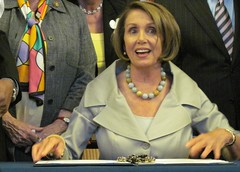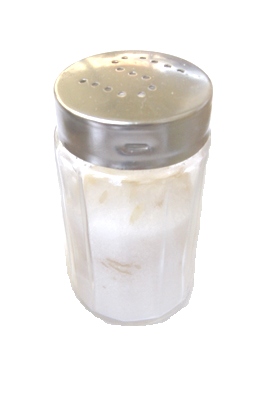 Image by TalkMediaNews via Flickr
Image by TalkMediaNews via FlickrHere's what she had to say about Osama bin Laden at a press conference in 2006:
"Even if [Osama bin Laden] is caught tomorrow, it is five years too late. He has done more damage the longer he has been out there. But, in fact, the damage that he has done ... is done. And even to capture him now I don't think makes us any safer."Now we'll fast forward to May 2, 2011:
"The death of Osama bin Laden marks the most significant development in our fight against al-Qaida. ... I salute President Obama, his national security team, Director Panetta, our men and women in the intelligence community and military, and other nations who supported this effort for their leadership in achieving this major accomplishment. ... The death of Osama bin Laden is historic...."I suppose it's no coincidence that George W. Bush was president in 2006 .....



